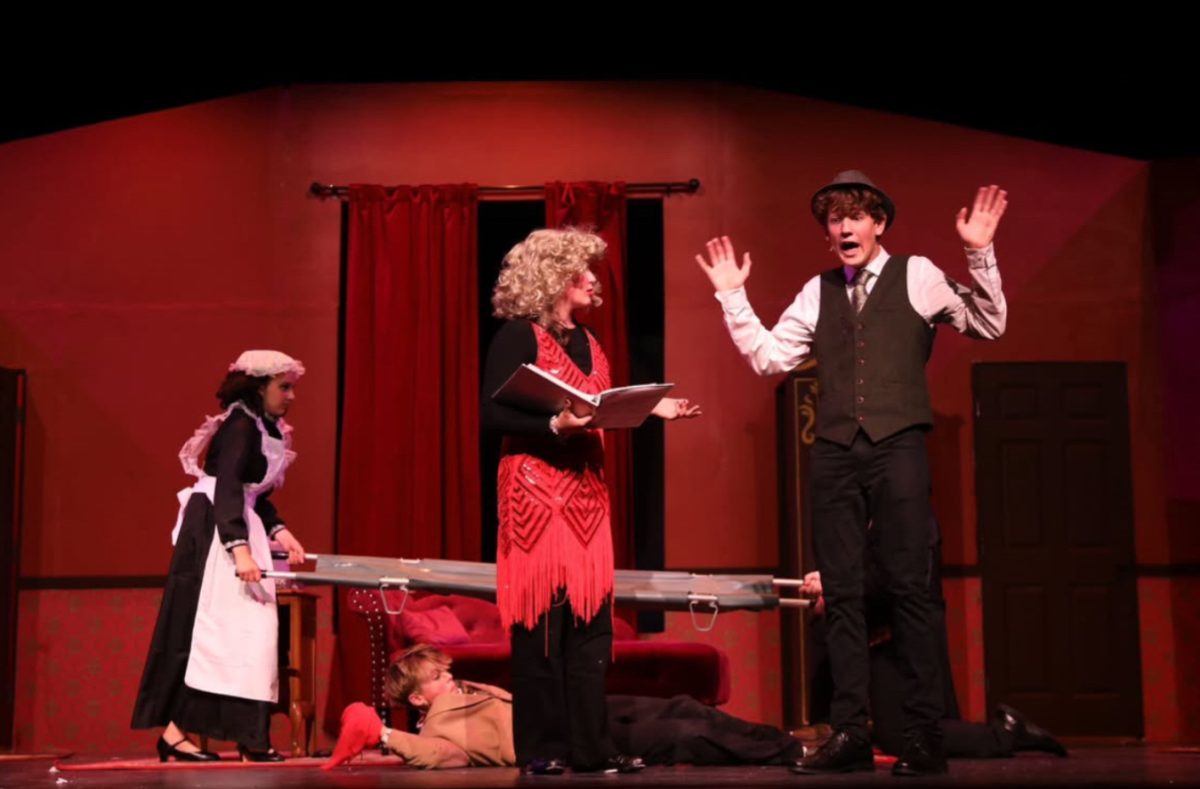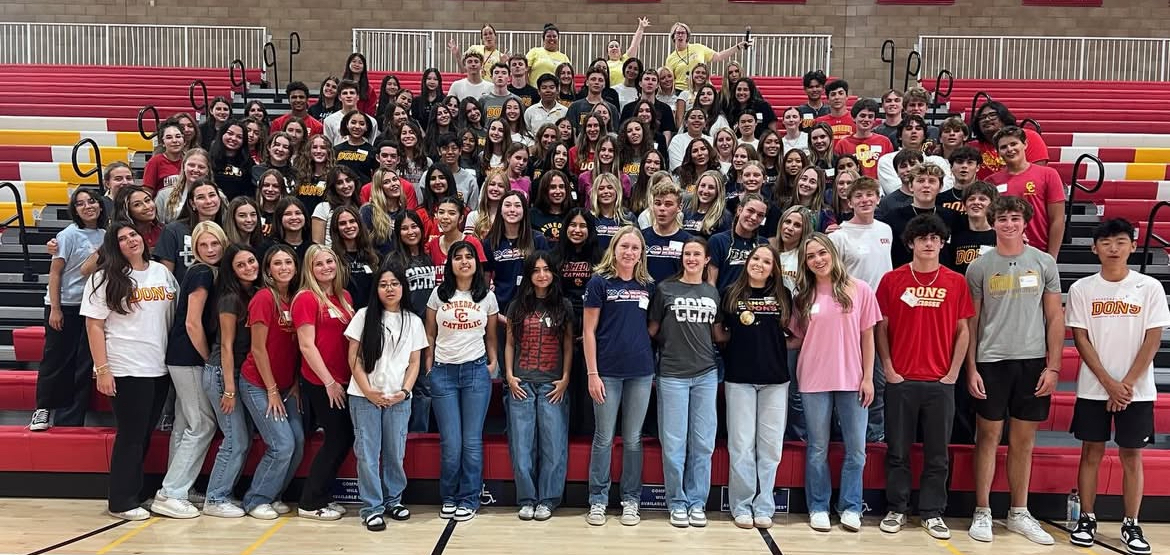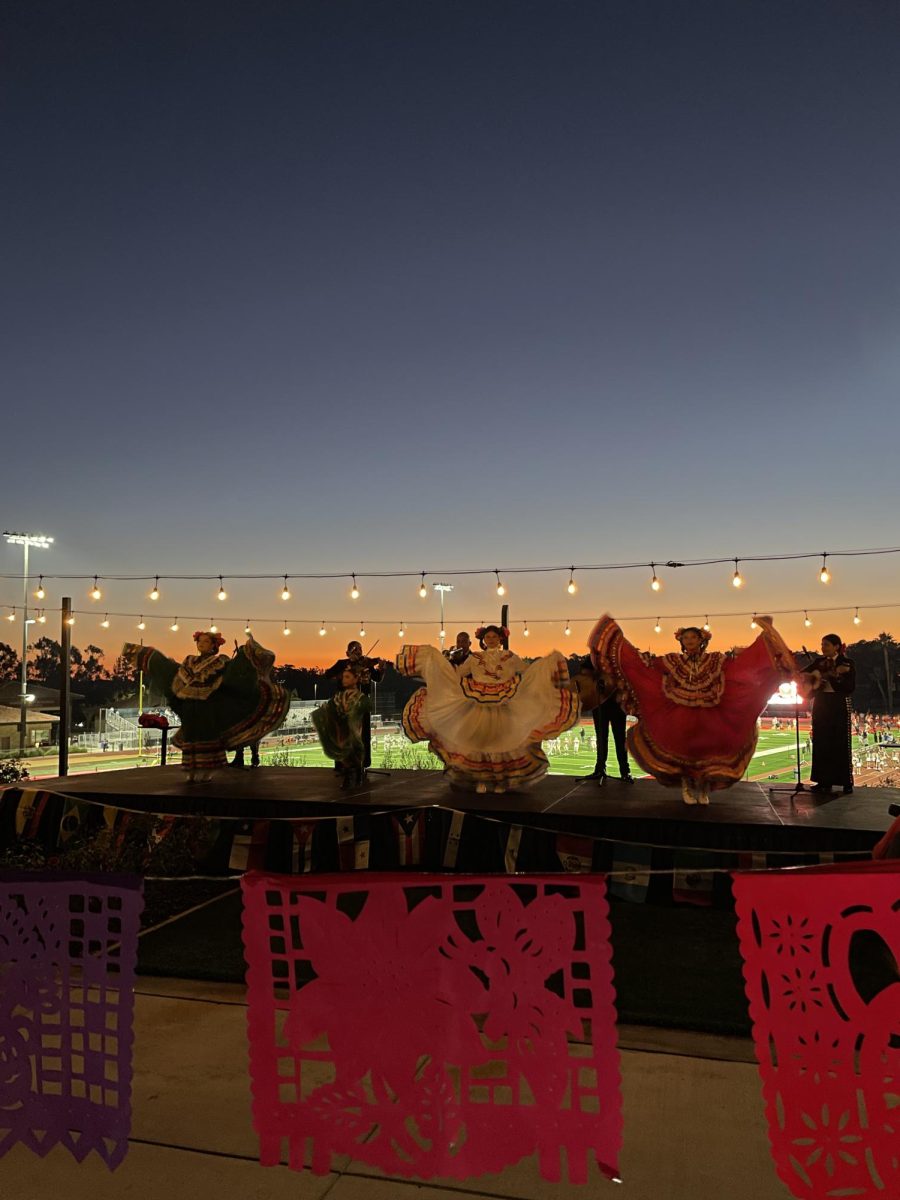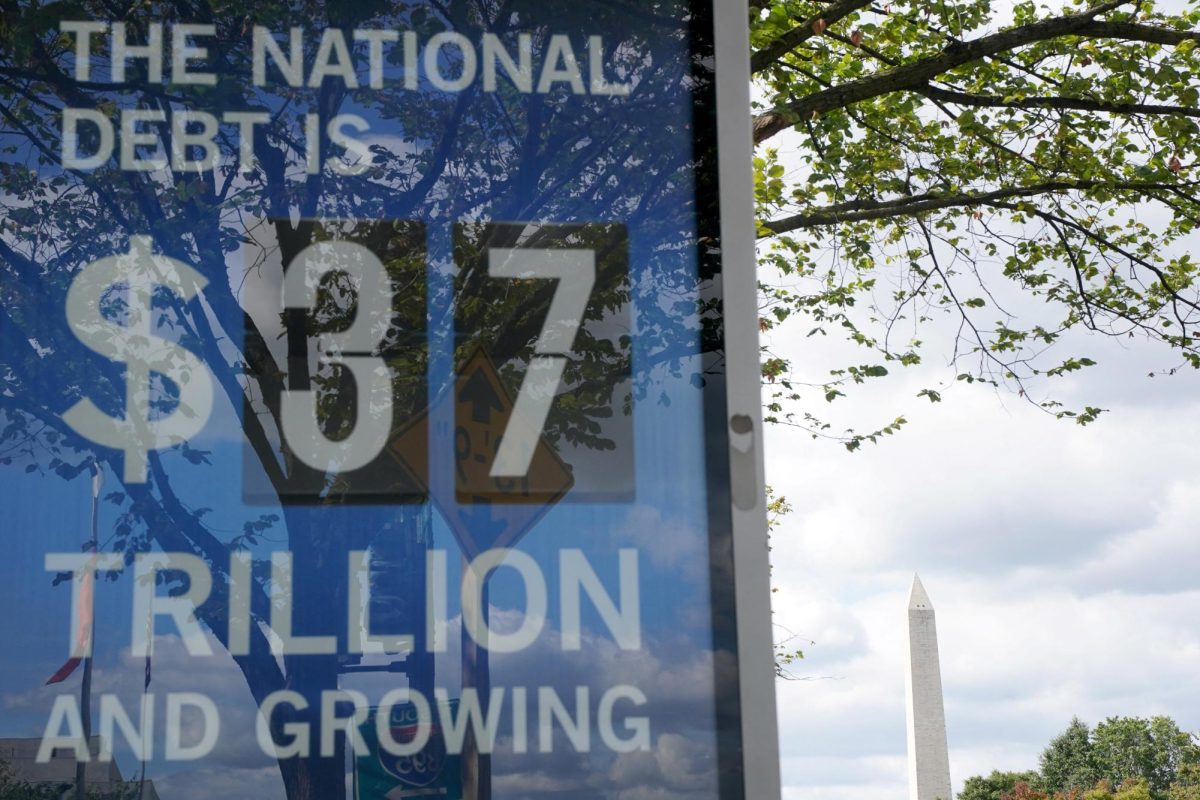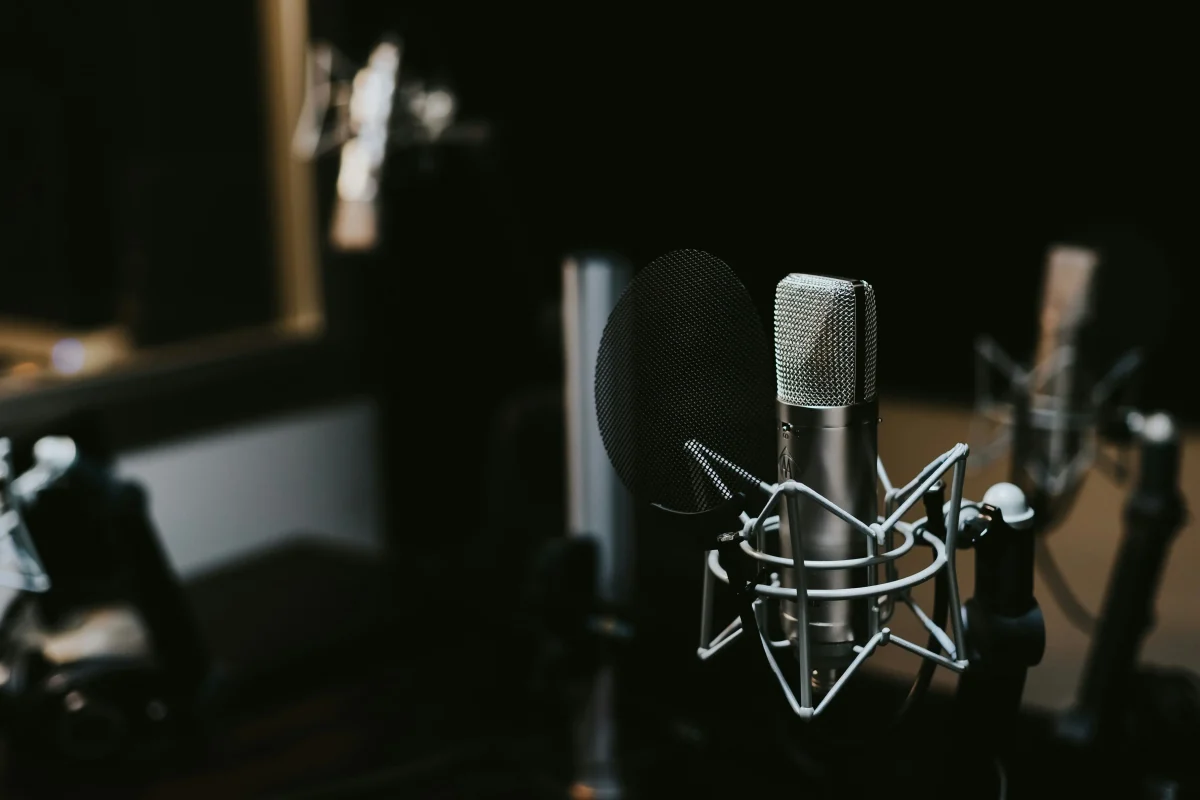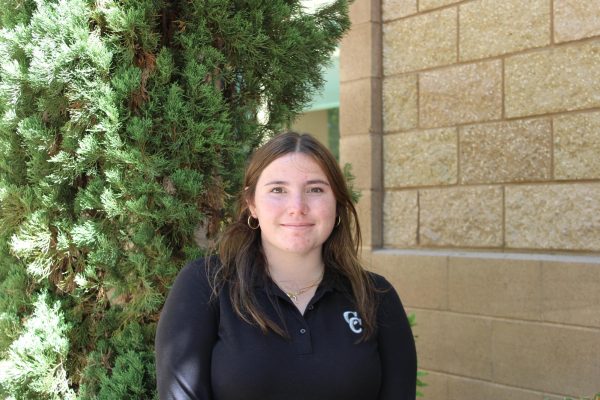If you’ve been on any online platform recently you know that every celebrity, influencer, and mildly notable person has concocted their own new and unique project: a podcast! This includes everyone from reputable news stations to random pop-up celebrities like Haley Welch whose claims to fame seem to fall a lot shorter than that of their podcast competition.
The common denominator between all of these shows, though, is that they have all appeared fairly recently over the past couple of years. All were born out of the “Podcast Bubble” that has been building for a while. So much new content saturating the market begs the question though, do people actually care about podcasts?
My first introduction to podcasts was online personality Emma Chamberlain’s “Anything Goes” show. At the time, she was one of the earlier content creators aiming a podcast at a young audience of mainly Gen Z and younger Millennials. It tapped into a market that was, at the time, relatively empty.
Now though, that emptiness has been replaced with podcast upon podcast on topics stretching from radical political discussions to the logistics of the container industry. On that political and more serious end, shows like “The Joe Rogan Experience” and “Call Her Daddy” are very popular choices. Since then, the industry has become popular among younger listeners. Fortune called it “booming” with “an enormous 100 million Americans saying they listen to podcasts each week.”
The Joe Rogan Experience is a show started in 2009 that features discussions with celebrities, actors, comedians, politicians, and other figures. Most recently, the show has been notable for its right-wing impact on the 2024 election. The latter Call Her Daddy Podcast was also significant in creating buzz for the election in left-leaning groups.
Both shows have been given a lot of credit and could be used to argue how successful this new industry and its shows have been. Educating and spreading information to many voters through more content like this is undoubtedly a win and the viewership of each show stands as proof. But those successes are not shared among the rest of the less ‘robust’ shows you may come across while browsing Spotify.
“I feel like every celebrity, or influencer has some podcast they come out with and it doesn’t have any substance to it, it’s just something for them to do and make money off of,” says CCHS Student Anastasia Miskova ‘25.
Co-host of “Talk Tuah,” Hailey Welch was a regular person who suddenly gained, at least in her opinion, a large number of fans following a funny phrase she coined on TikTok. She then opted to employ that fan base in making her own podcast hosted by her and her friend.
The show was not originally viewed as a serious success, aside from many listeners mocking it for how silly of an idea it was. A reviewer on IMDB likened the show to “the famous painting of Raphael Sanzio, The School of Athens” noting that “they also do a profound job at analyzing important topics in the world” in an effort to poke fun at the show.
When viewing easy-to-laugh at shows like Talk Tuah and others that seem like money grabs it’s easy to discredit all the steps forward the industry has made. Where one show may profit off of mocking current events and wasting time, another helps motivate listeners to register to vote and develop their opinions on politics. In the lead-up to the 2024 presidential election, there was a record 50% in political show downloads and some shows drew larger audiences than print news by large margins, says Fortune. Although this form of entertainment may have more quantity over quality in some cases, many of the shows that have come out of it have had tremendous positive impacts. It’s understandable why more than ever, Americans are listening to podcasts.
